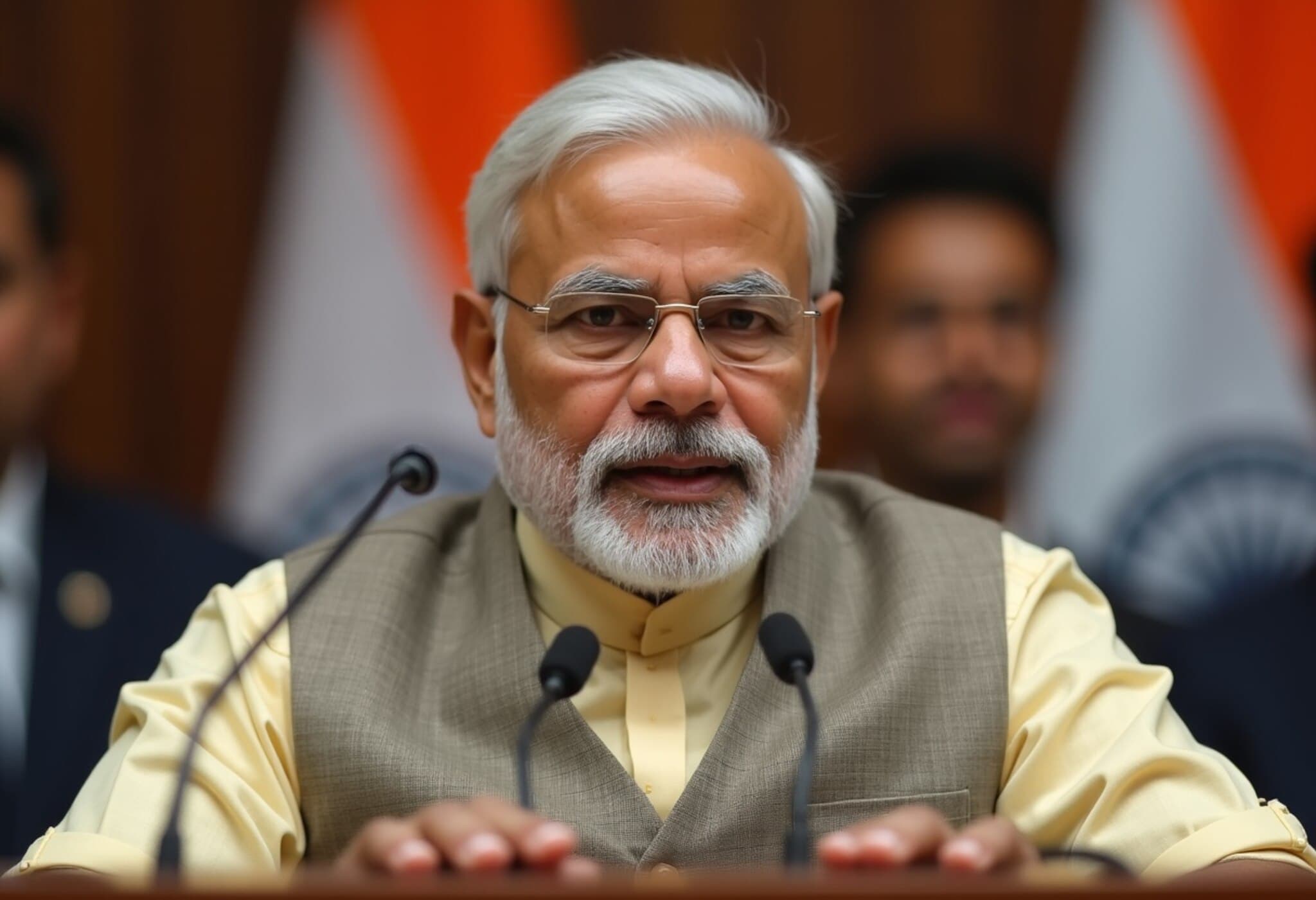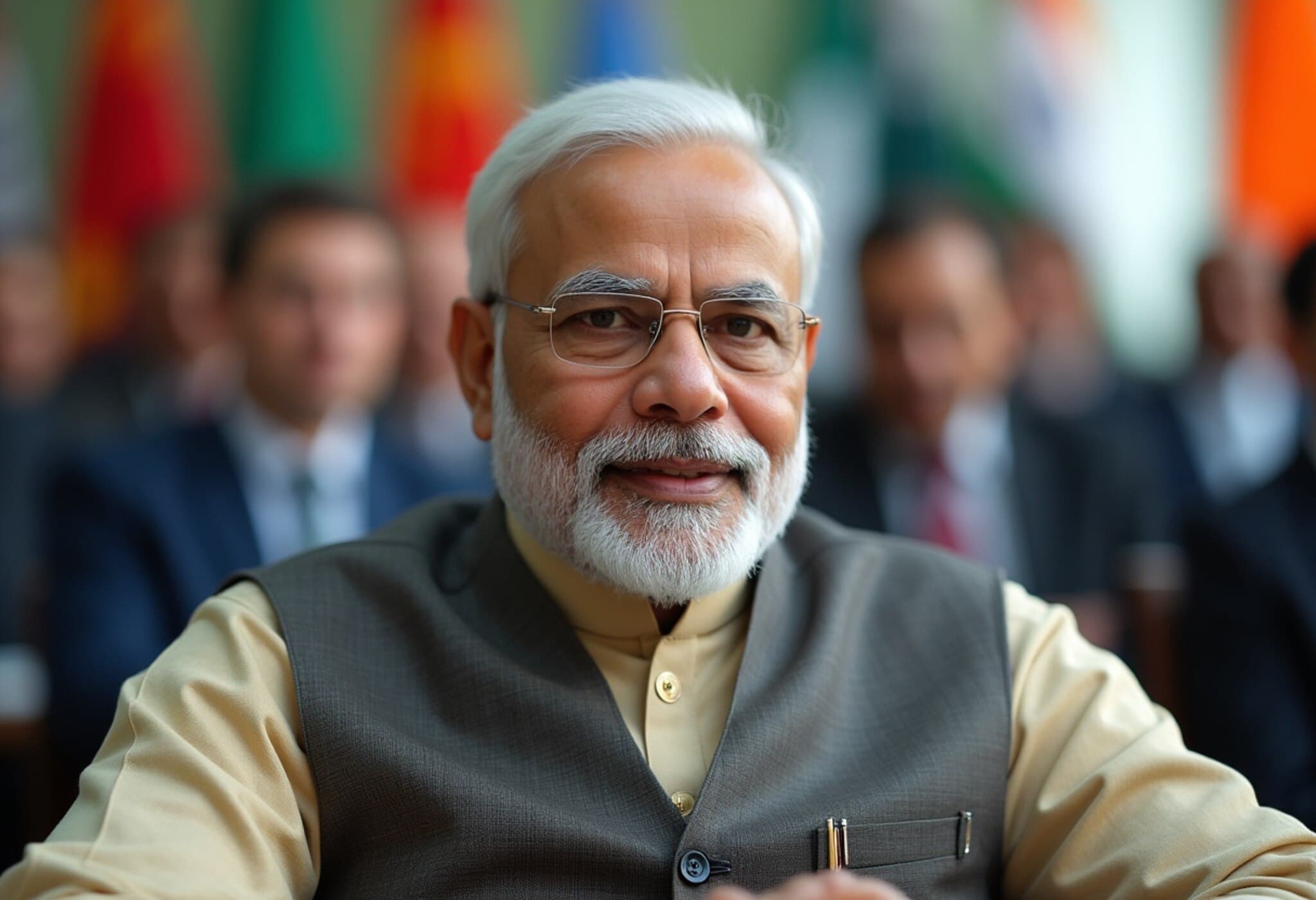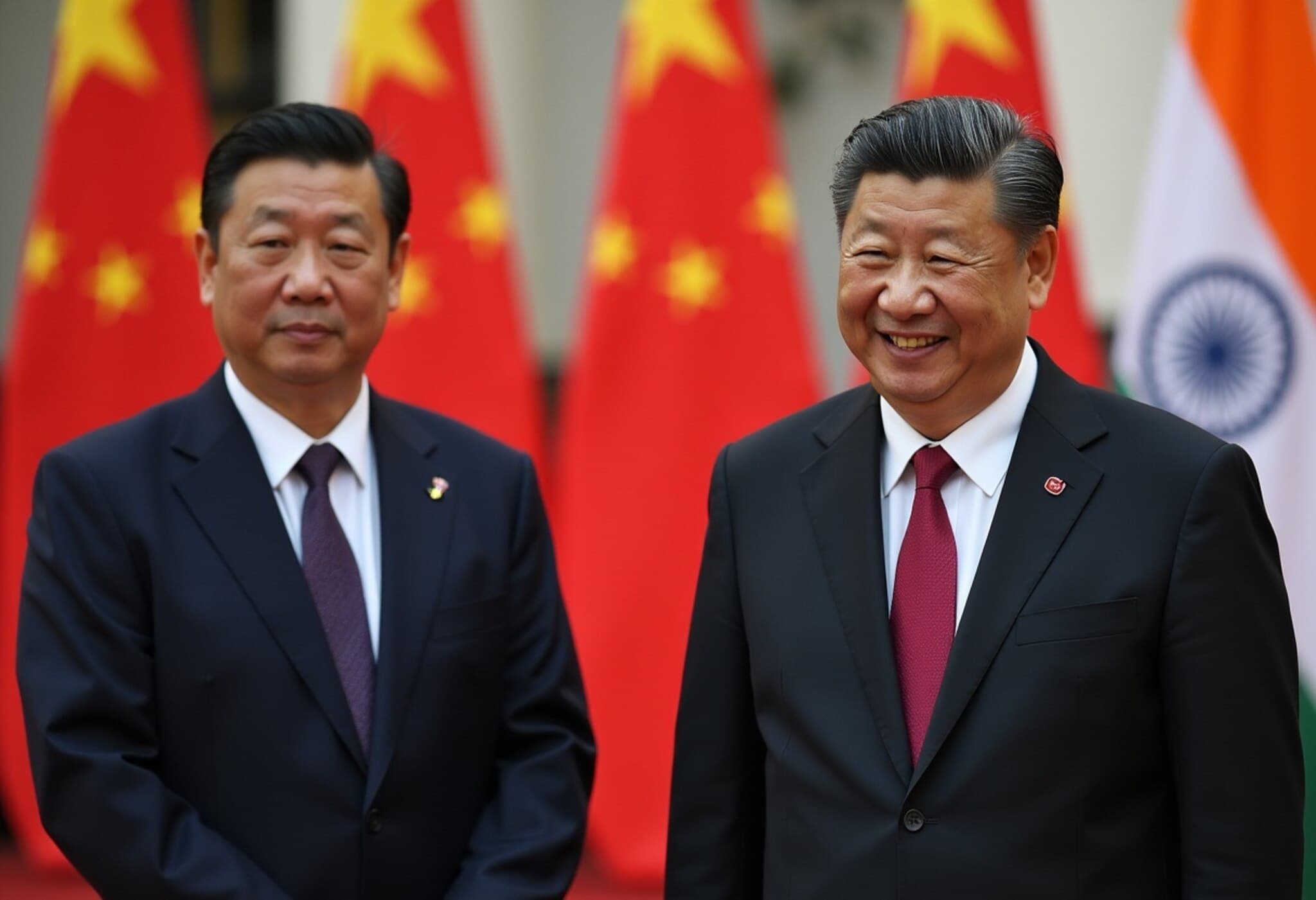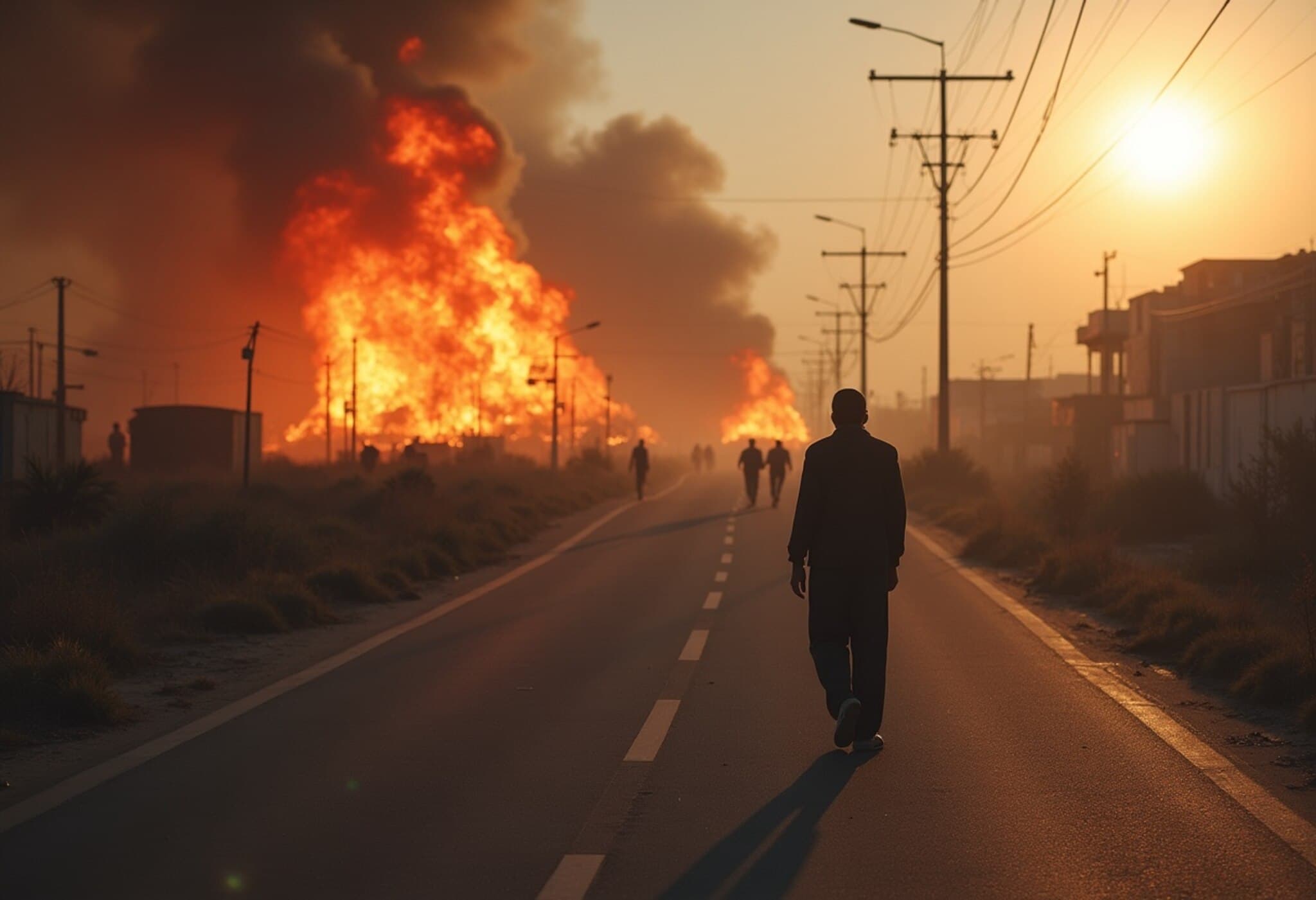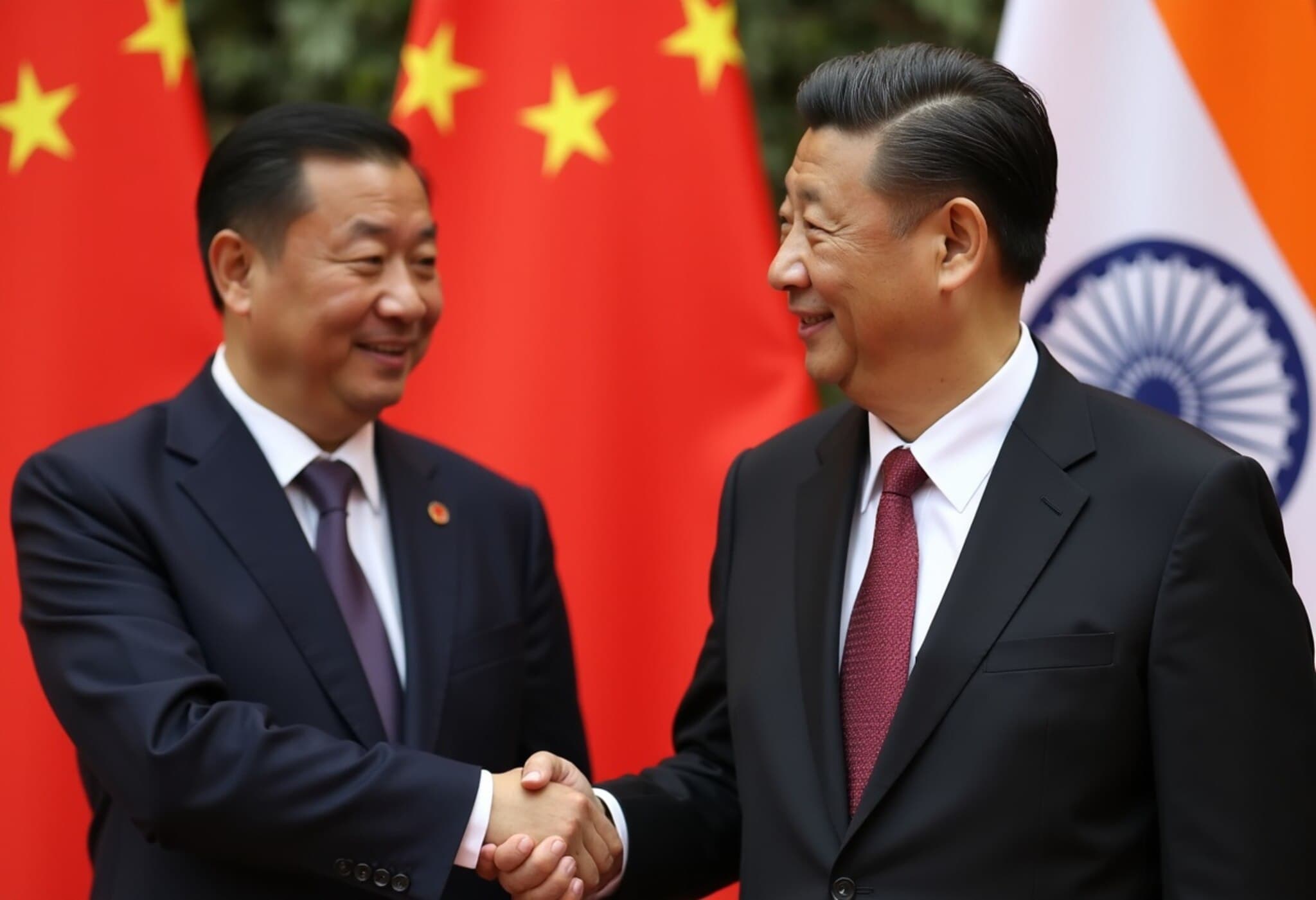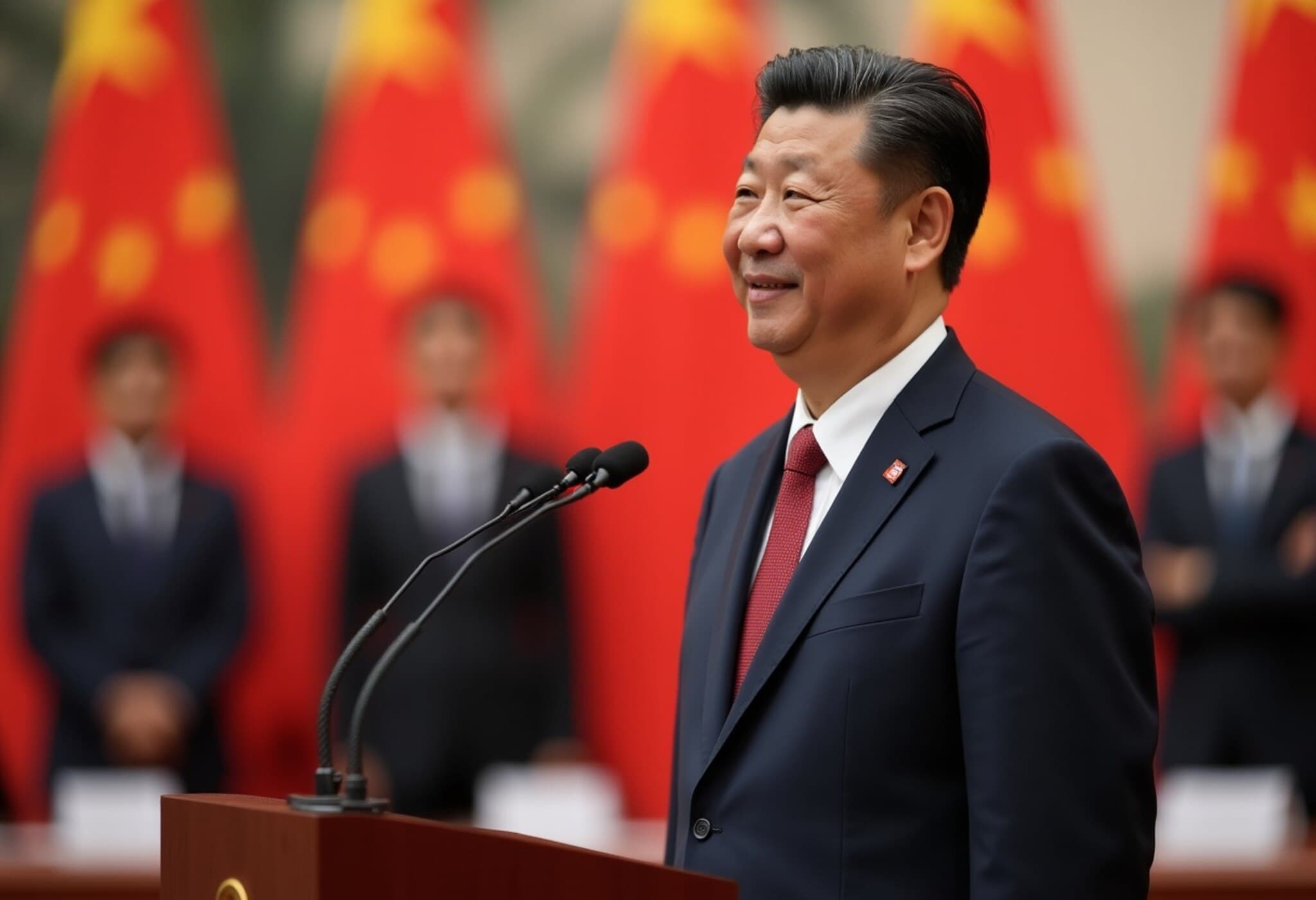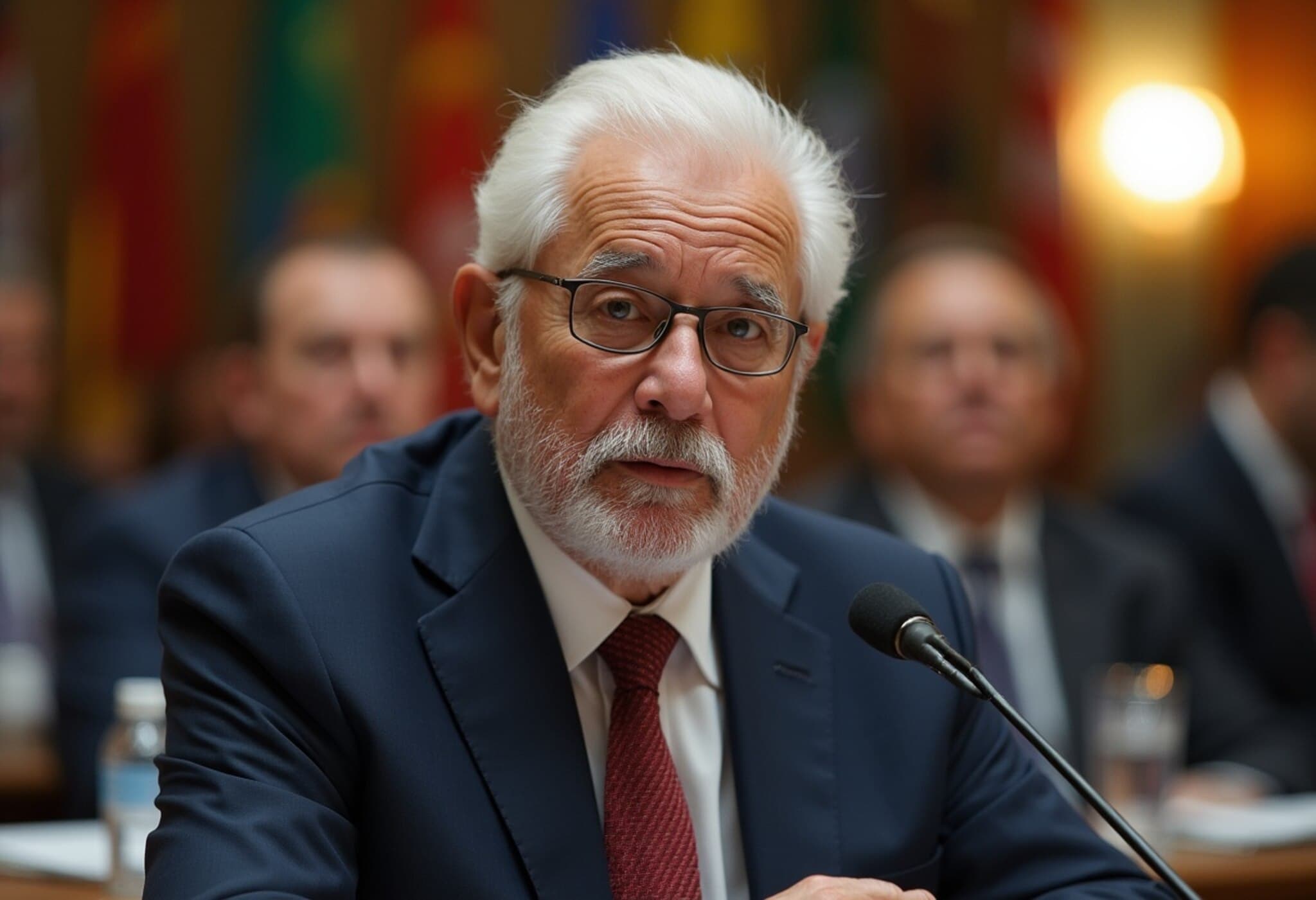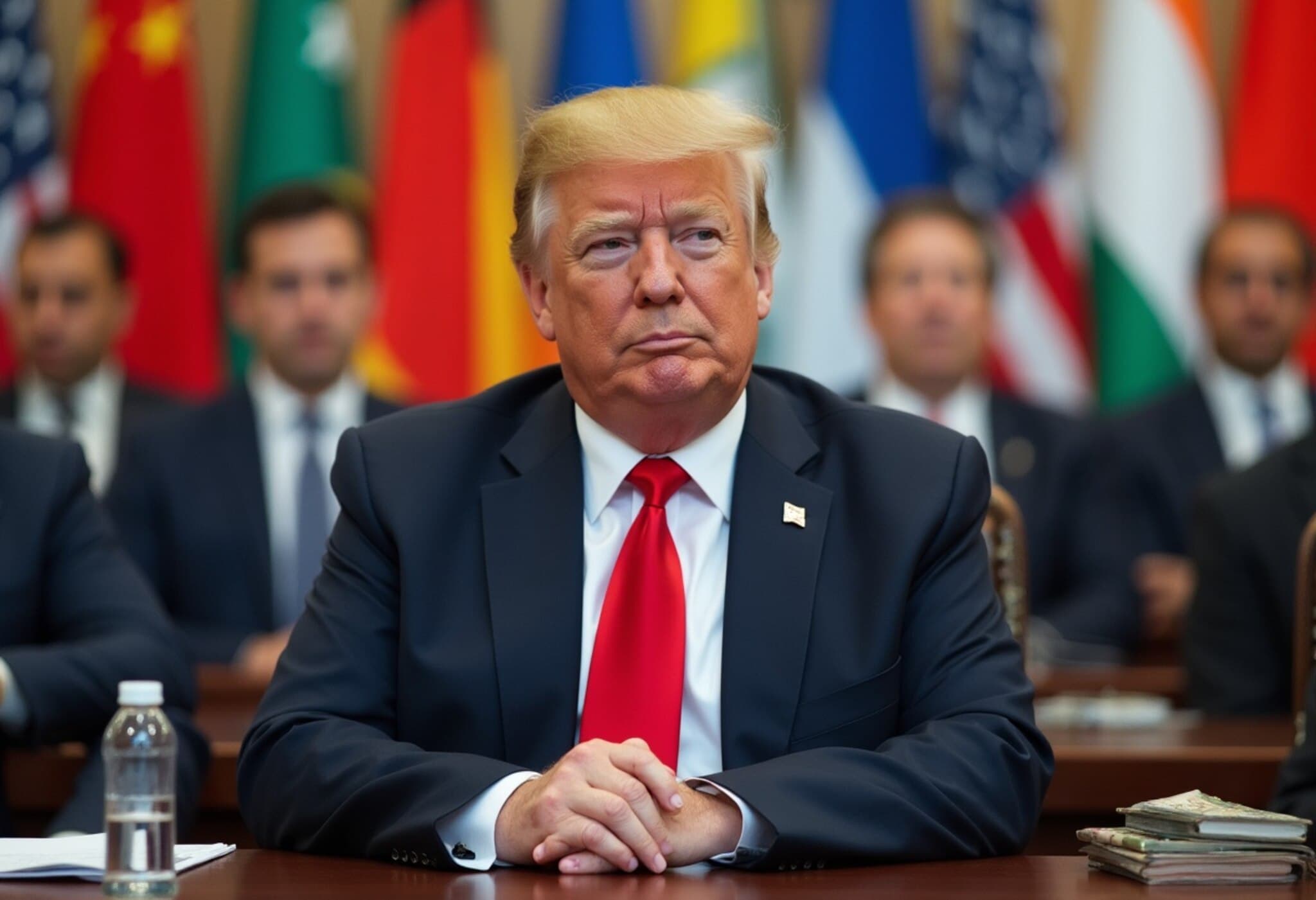PM Modi Urges Modernization of Global Institutions at BRICS Summit
At the 2025 BRICS Summit held in Rio de Janeiro, Indian Prime Minister Narendra Modi delivered a compelling address advocating for urgent reforms in the world’s major global institutions, including the United Nations Security Council, the World Trade Organization, and leading international financial bodies. Highlighting the disconnect between current global realities and outdated governance structures, Modi stressed, “You can’t run 21st-century software on 20th-century typewriters!” — a vivid metaphor underscoring the urgent need to update global decision-making frameworks in an era marked by rapid technological advances and shifting geopolitical landscapes.
Highlighting Inequities Faced by the Global South
PM Modi focused heavily on the challenges confronting the Global South, which comprises a majority of the world’s population yet remains underrepresented in decision-making bodies. He emphasized that many emerging economies — despite playing pivotal roles in the global economy — have been sidelined, often subjected to “double standards” in areas like climate finance, sustainable development, and equitable access to technology.
Modi’s stark analogy likened these institutions without Global South participation to “a mobile phone with a SIM card but no network,” pointing to the ineffectiveness of global governance without inclusive representation. He underscored that two-thirds of humanity still lack meaningful voice on these platforms, undermining their credibility, legitimacy, and ability to address multifaceted 21st-century challenges.
A Call for a Multipolar, Inclusive Global Order
Reflecting on the geopolitical shifts that have broadened the influence of emerging economies like the BRICS nations—which collectively represent nearly half the global population and close to 40% of the world’s GDP—Modi championed a new, multipolar world order. Such a structure must be inclusive, equitable, and reflective of contemporary realities.
He emphasized that reform should go beyond mere tokenism. Changes to governance structures, voting rights, and leadership roles within these institutions are imperative for them to regain effectiveness and legitimacy in dealing with global crises—from geopolitical conflicts and pandemics to cyber threats and space governance.
Context and Attendance at the BRICS Summit
The two-day summit in Brazil saw deliberations among key emerging economies, though notably absent were leaders such as Chinese President Xi Jinping and Russian President Vladimir Putin. Nonetheless, the gathering included influential figures like Brazilian President Luiz Inácio Lula da Silva, who echoed concerns about the “unparalleled collapse of multilateralism” in today’s volatile geopolitical climate.
Expert Insight: The American Context and Beyond
From a U.S. policy perspective, Modi’s remarks resonate with longstanding debates around reforming global governance to better reflect rising economies and shifting geopolitical dynamics. The call for updating institutions like the UN Security Council intersects with American strategic interests, as Washington balances its leadership role with the need to maintain alliances and global credibility. Furthermore, as issues like digital governance, AI regulation, and equitable climate action rise to the fore, the ability of international bodies to adapt will shape global stability and economic growth.
Moreover, Modi’s focus on the Global South highlights a critical, often underreported dimension: the persistent economic inequities and systemic exclusion that risk fueling global instability if left unaddressed. Equitable governance isn’t just a moral imperative; it’s essential to sustainable global prosperity.
Moving Forward: What to Watch
- Reform negotiations: The progress and resistance within institutions like the UN Security Council and WTO toward meaningful reform.
- BRICS expansion: How new member states reshape the bloc’s influence and objectives.
- Technology governance: The role of emerging economies in setting global standards for AI, cybersecurity, and space exploration.
- Climate finance equity: Concrete actions to bridge gaps in funding and technology transfer to the Global South.
Editor’s Note
Modi’s address at the BRICS Summit is a clarion call highlighting the widening gap between the world’s evolving economic realities and the outdated global governance structures designed in a vastly different era. As emerging economies push for equitable representation and voice, the international community faces a critical moment to rethink and reshape global institutions. This is not merely about power but about legitimacy, effectiveness, and shared responsibility in addressing global challenges of unprecedented scale and complexity. Readers are encouraged to watch how these reform demands influence diplomatic dialogues and global policy in the coming months—because, indeed, the future of global cooperation depends on whether 21st-century challenges can be met with 21st-century institutions.

